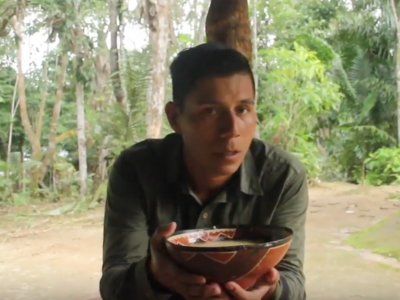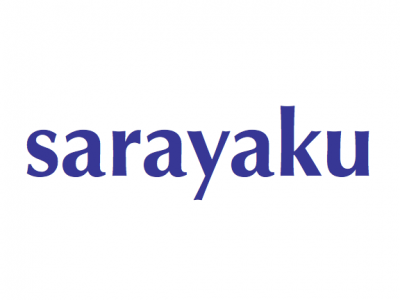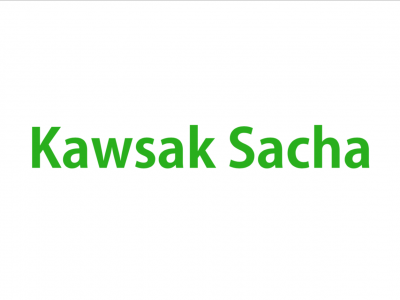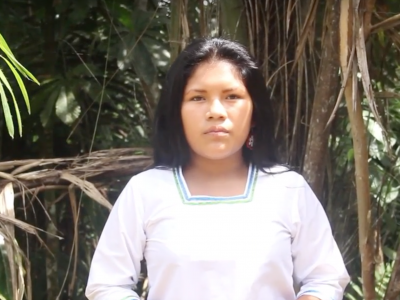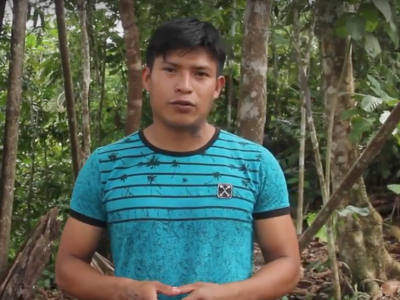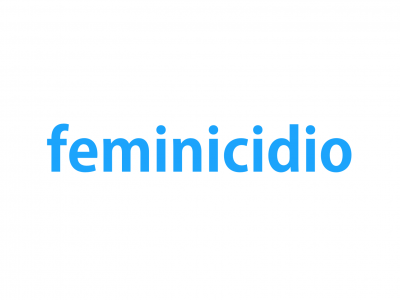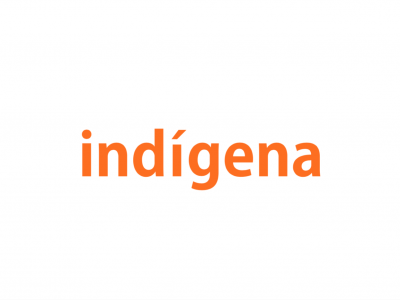This collaboration between NewsFrames and Rising Voices applies the tools and skills of data analysis to the problem of representation and indigenous and marginalized communities.
Rising Voices, the outreach initiative of Global Voices, works to support marginalized and underrepresented communities wanting to tell their own digital stories.
Global Voices, works to support marginalized and underrepresented communities wanting to tell their own digital stories.
2016-2017
Our pilot investigations are focused upon indigenous communities within Latin America in addition to the Standing Rock camps in North America during 2016-2017.
- Fighting For, Not Fighting Against: Media Coverage and the Dakota Access Pipeline (1 March 2017)
- The Reframed Stories series (coming online in October 2017) was first developed in close collaboration with the indigenous community of Sarayaku and the Shuar nationality, both situated in the Ecuadorian Amazon region. The Sarayaku and Shuar people have held long fights at a national and international level to stop extraction projects in their territories, and public messaging has been an important part of this struggle. We asked members to respond to some preliminary media analysis that suggests how topics related to their communities are represented in news.
2018
In 2018, the Reframed Story series under the Rising Frames collaboration expanded to seven in-person workshops that were held in collaboration with local organizations and partners in five countries in Latin America.
These groups convened members of their networks to participate in the NewsFrames “Reframed Stories” model, by exploring the use of Media Cloud to begin the process of data analysis about representation of their communities or issues they care about. The diversity of participants representing indigenous, LGBTI, feminist, and human rights defenders communities took part in discussions about media representation and took part in initial data analysis of word clouds generated of a collection of media from their respective countries.
Following this preliminary data analysis, each participant responded to a series of questions or produced a comment about a particular word cloud about their community or issue. These responses were collaboratively crafted into a blog post and published on both the NewsFrames and Rising Voices site, as well as Global Voices in Spanish.
An overview of each seven workshops, with 44 participants in all:
- Quito, Ecuador (21 April) – Together with our partner El Churo, a community media development organization based in the capital city, 11 participants took part examining themes such as LGBT, extractive industries, gender issues, feminism, violence against women, and indigenous representation.
- Esmeraldas, Ecuador (4 May) – In this coastal city of Ecuador, El Churo organized this workshop with eight youth from the city’s youth center, many of whom are of Afro-Ecuadorian background. They also examined how their city is represented in the media due to recent media attention due to natural disasters and an ongoing unrest along the border with Colombia.
- Sarayaku, Ecuador (17 May) – This workshop was organized by the Communications Team for the Kichwa Peoples of Sarayaku, which included the facilitator who was one of the first participants of the Reframed Stories series. Five participants examined themes related to the Sarayaku community.
- Bogotá, Colombia (18 May) – Held at the Center of Internet and Society at Del Rosario University in the capital, four participants representing two indigenous communities, Wayuu and Arhuaco, examined word clouds related to their ethnicity and region in which they live.
- Osorno, Chile (26 May) – Our representative in the southern Chilean city with a strong Mapuche indigenous population organized a workshop with five participants who examined themes related to indigenous, Mapuche, and Huilliche communities.
- Oaxaca, Mexico (29-30 May) – With the help of our partner SURCO – a non-profit grassroots organization combining consulting, academic programs and local activism that focuses on food and water sovereignty, urban conviviality, defense of indigenous territories, and community-based radio and video — a workshop was held with six representatives from Zapoteco community radio stations, who examined the word indigenous, as well as specific customs related to indigenous communities such as ’tequio,’ which is a collective work in service to the community.
- Cochabamba, Bolivia (30 May) – In partnership with Warmi.Red, an organization empowering women on the internet, all 5 workshop participants have been active in advocacy and activism efforts to help raise awareness and prevent violence against women. They examined words associated with feminicide, violence, and women.


